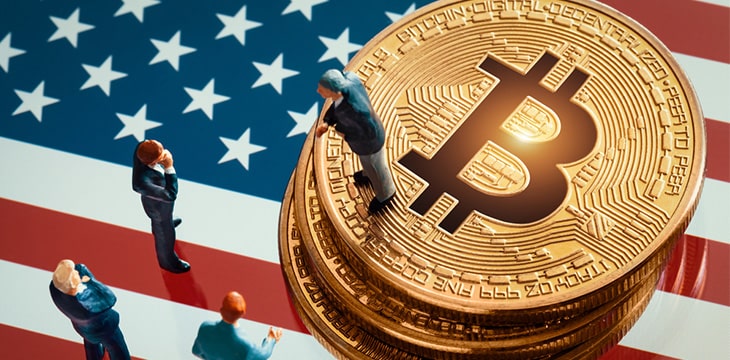Coin Center anticipates improved US crypto regulation after the elections, especially for stablecoins and markets, but warns of ongoing surveillance and privacy risks.

Coin Center, a crypto advocacy organization, expressed a cautiously optimistic perspective on the future of US crypto regulation in the wake of the recent elections.
Although it anticipates advancements in the regulation of securities and banking, it cautions against persistent hazards in the areas of surveillance and tax reporting.
Research director Peter Van Valkenburg anticipates that a potentially more crypto-friendly administration will result in more transparent regulations regarding stablecoin issuers and centralised markets in his analysis.
“At the agency level, there’s reason to believe that controversial ongoing rulemakings will be frozen or even abandoned due to President Trump’s generally pro-crypto stance,” he states.
Nevertheless, the organization continues to harbor reservations regarding the severity of regulations that target privacy-oriented technologies and decentralized tools.
Surveillance and Privacy
Van Valkenburg identifies obstacles associated with IRS reporting requirements, sanctions on tools such as Tornado Cash, and prosecutions for unlicensed money transmission.
The personal information of recipients is required to be disclosed for transactions exceeding $10,000, as mandated by the IRS’s 6050I reporting requirements.
Coin Center contends that these regulations constitute warrantless surveillance and is currently contesting their constitutionality in court.
The organization has also been one of the most vocal in its opposition to sanctions on crypto-mixing tools such as Tornado Cash. Coin Center argues that sanctions laws should not be applied to immutable smart contracts.
Lastly, Van Valkenburgh identifies unlicensed money transmission prosecutions, including those involving Tornado Cash and Samurai Wallet developers, as a concerning precedent.
The Department of Justice is pursuing these cases, which obfuscate the distinction between financial services and software creation.
Coin Center is cautiously optimistic about the potential for progress under a new administration and a more engaged Congress, despite these challenges.
